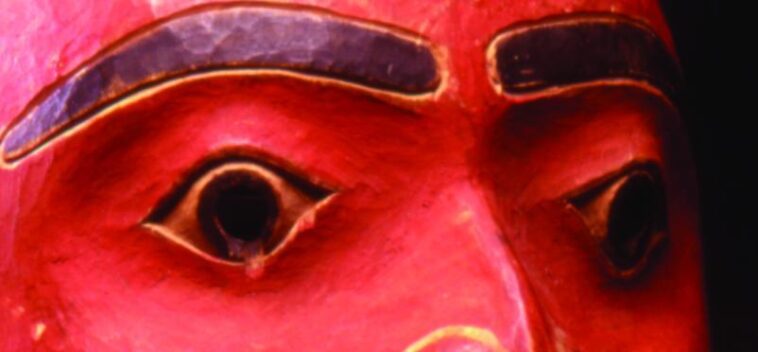[This story originally appeared on The North Coast Review, a blog based in Prince Rupert that contains “items of interest to those living on the North Coast of BC.”]
What started out as a review of complaints of a game at provincial health facilities that targeted Indigenous residents and patients, in the end expanded into an extensive review of systemic racism in the province’s health care system.
And while author Judge Mary Ellen Turpel-Lafond found no verification of the ‘drinking game’ that had been cited as the spark for the review, what she did explore during the course of the five-month review was that Indigenous people in British Columbia are exposed to widespread racism when seeking care.
The result is that they often find negative experiences at the point of care. This includes inequitable medical treatment, physical harm and even death.
“Indigenous people and health-care workers have spoken clearly – racism is an ugly and undeniable problem in B.C. health care that must be urgently addressed. This report provides a blueprint for fundamental changes to beliefs, behaviours and systems that are necessary in order for us to root out racism and discrimination and ensure that the basic human rights of Indigenous people to respect, dignity and equitable health care are upheld,” she wrote.
The report, which is titled “In Plain Sight: Addressing Indigenous-specific Racism and Discrimination in BC Health Care,” was spawned as part of the Addressing Racism Review which was created by Health Minister Adrian Dix in June of this year.
The full review was put in motion after allegations were made about an organized “Price is Right” game involving guessing Indigenous patients’ blood alcohol levels in B.C. hospital emergency rooms. A detailed examination of those allegations found no evidence of an organized game occurring as originally depicted.
The review found anecdotal and episodic evidence of multiple activities that resemble these allegations in some fashion, but none of them could be described as organized, widespread or targeting only Indigenous patients.
While that original theme proved elusive to prove, other disturbing concerns have framed the scope of the 224 page report.
“Nevertheless, our review found clear evidence of a much more widespread and insidious problem – a lack of cultural safety and hundreds of examples of prejudice and racism throughout the entire B.C. health-care system,” she wrote. “That doesn’t mean every Indigenous person who gets health care will experience direct or indirect racism, but it does mean that any Indigenous person could experience it.”
She went on, “Many of the accounts we heard were deeply disturbing, had clearly caused significant harm, and created lasting mistrust and fear of the health-care system. I thank Indigenous people and health-care workers across B.C. for having the courage to share their stories and to help us to shine a light on this important issue.”
The research for the document included the voices of 9,000 Indigenous patients, family members, third-party witnesses and health care workers, as well as unprecedented analysis of health data.
The review examined health utilization and outcome data of approximately 185,000 First Nations and Métis patients; data showing that racism limits access to medical treatment and can negatively affect the health and wellness of Indigenous peoples.
In particular, the review found that Indigenous women are disproportionately impacted by racism in health care and that racism contributes to Indigenous people being affected by the current public health emergencies of COVID-19 and the overdose crisis.
A separate review data report, which will offer a deep look into the health system’s performance when serving Indigenous people, will be released next month.




